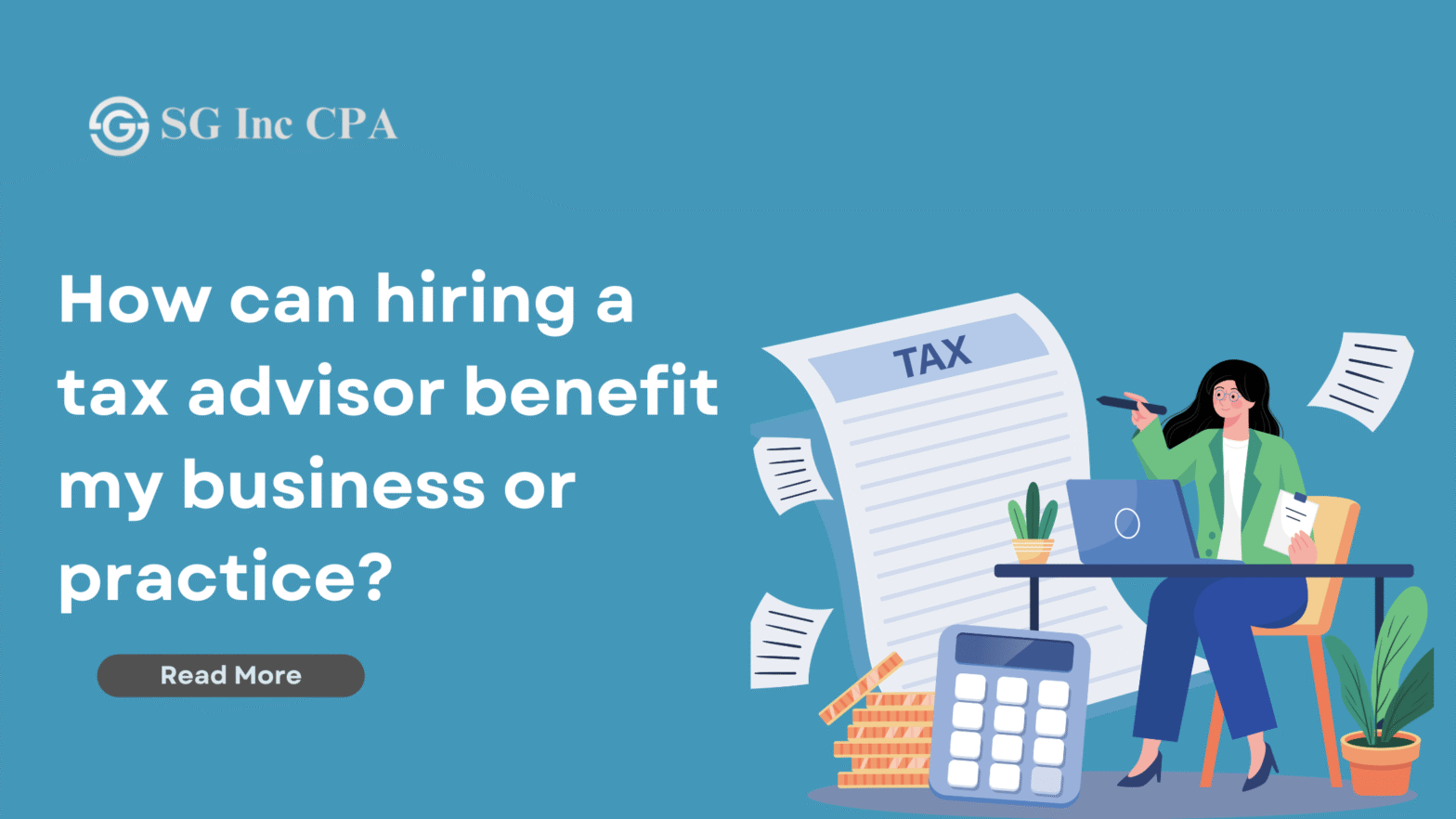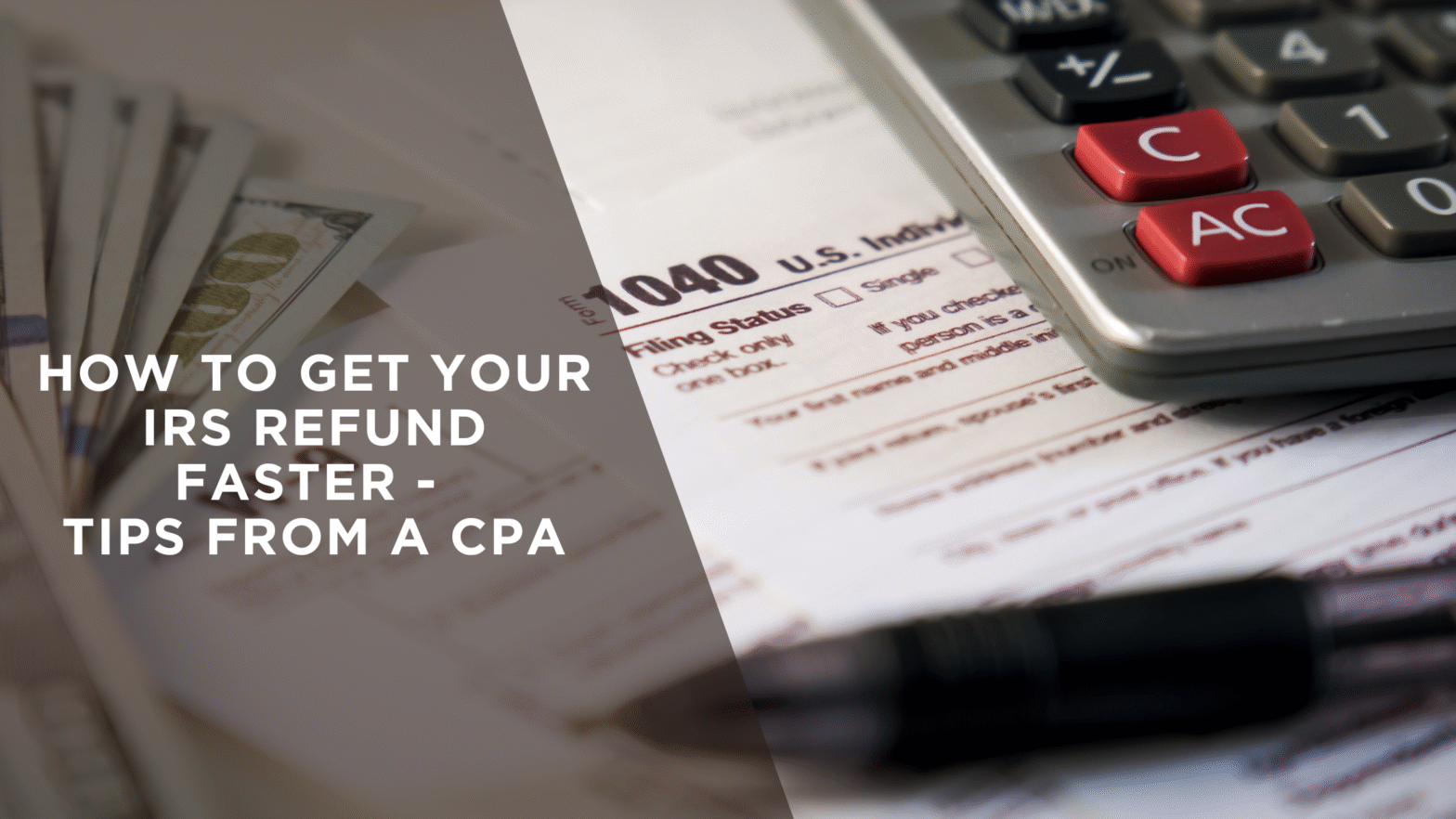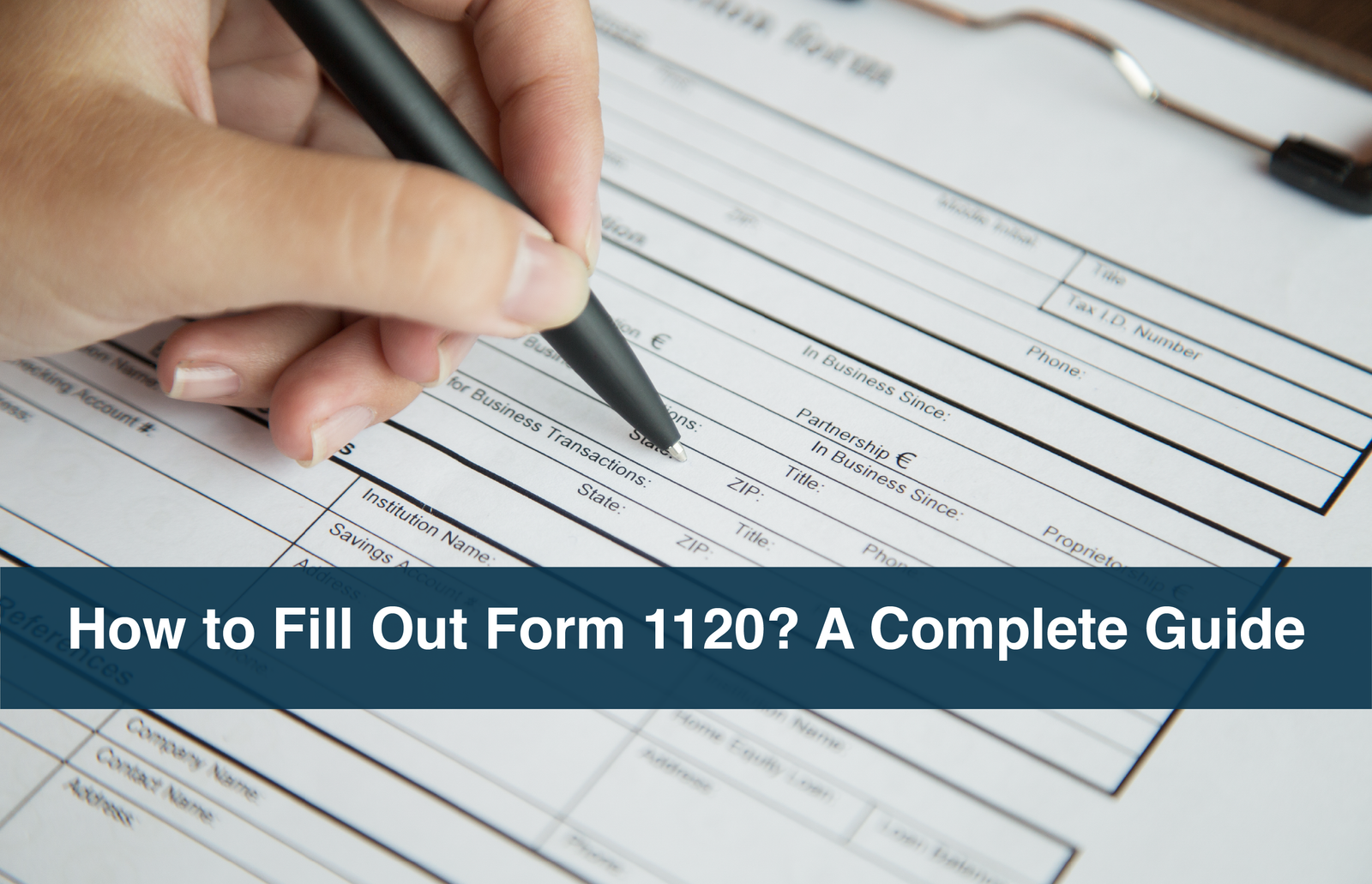Step # 1
When was the last time you filed your taxes? Don’t be afraid to file past-due tax returns in fear of the Internal Revenue Service knocking on your door. The trick is, no matter how late the return is, file your tax returns before the IRS has the chance to send you a notice.
If you do not file your taxes on time, the IRS has ways of getting to you and demanding payment through phone calls, surprise visits, letters to your home, and if you continue to ignore these demands, they will give legal notices that say they will find other ways to collect from you.
If you still don’t comply, the IRS can also contact your employer and require him or her to cut out a certain percentage of your wage and send it directly to the IRS.
Step # 2
For starters, gather all your tax documents from the last year you had filed your taxes and if you need help locating these documents, you can contact the IRS or your employer in case they may still have it on file.
Contacting the IRS for missing documents may seem like a bad idea because they’ll notice your late return, but the truth is they’ll appreciate your attempt of filing the return even if it’s late. So don’t hesitate to call them and asking for the necessary documents.
Once you have all your paperwork collected, start preparing your tax returns by either using reliable software to file yourself or going to your local CPA for professional help. You’re probably better off going to a tax professional for this since there may be several late tax returns you must file and they are experienced in dealing with the IRS.
Once you have filed your late returns, make sure to check if you have a refund. You typically have a three-year time limit from your tax return due date before your refund goes away, so make sure you either get your refund or use this refund to apply it to your balance due from previous years. If you have zero refund and balance due, make sure to make the payment within a reasonable amount of days.
Step # 3
The next step after getting all your late returns filed is to plan ahead for the next one and giving yourself enough preparation time so you are never late again. Once again, you might be able to plan better with the help of your local CPA who can guide you and give you financial advice for the future.







